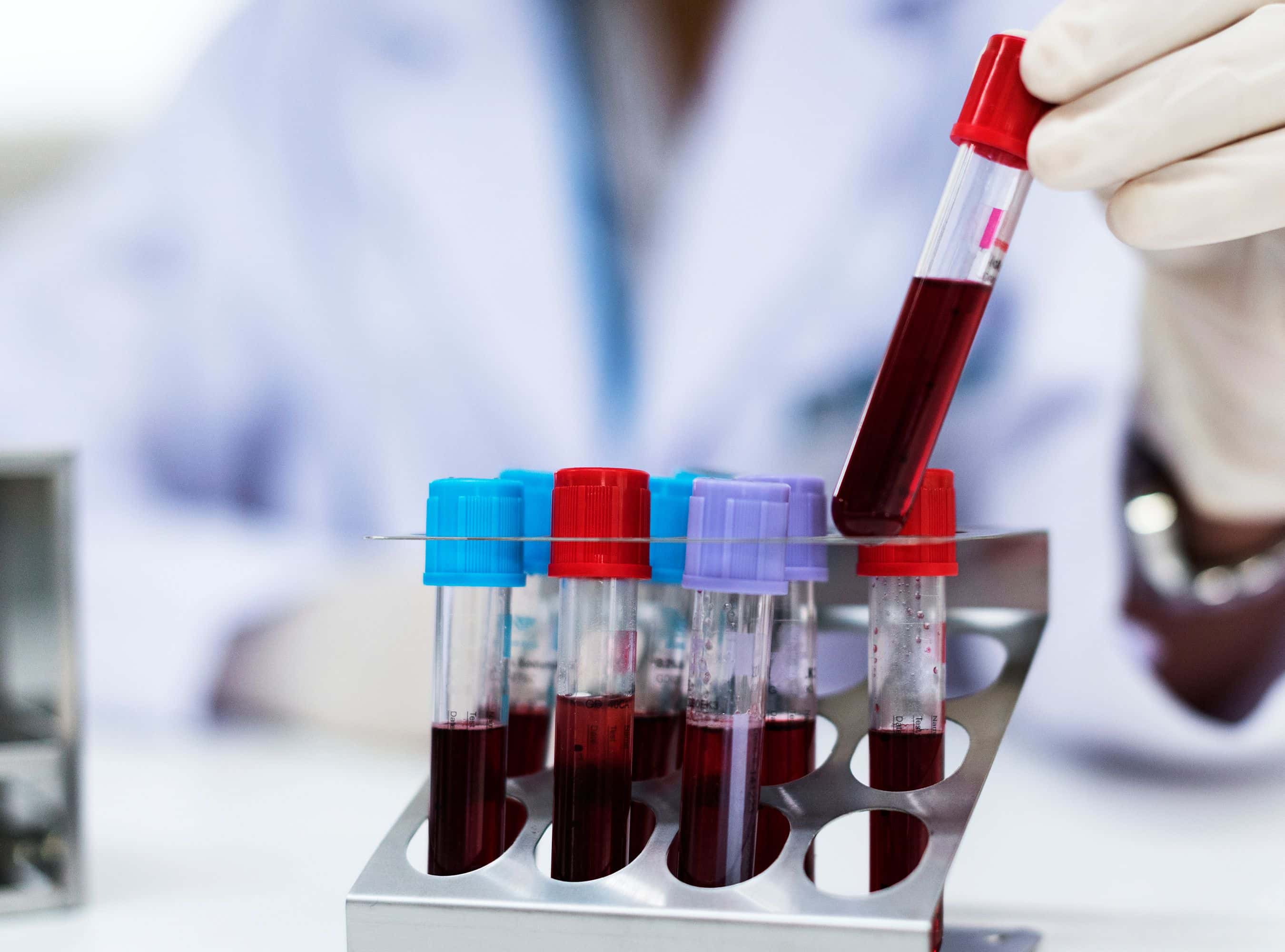Court: United States District Court for the Eastern District of WisconsinJurisdiction: FederalCase Name: Garba v. Waukesha Cty. Circuit CourtCitation: 2017 U.S. Dist. LEXIS 212305
Facts
The petitioner was charged with a DUI, convicted by a jury, and sentenced to six months imprisonment. He brought about this writ of habeas corpus alleging that the trial court had erred in excluding the testimony of his pharmacology expert witness and that the court of appeals had erred in affirming such. The petitioner argues that his ability to defend his case depended upon the testimony of his pharmacology expert witness.
The day the petitioner’s blood was tested, several chromatograms from test vials indicated a series of jagged humps. These jagged humps appeared on the chromatogram before any signal should be detected. In other words, the chromatograms showed readings before the carrier gas had time to carry the sample through the column. Blood samples for the same person would sometimes display jagged humps in one test vial but not in the other. The cause of the humps was unknown. However, the laboratory calibrated the testing equipment daily and monitored its performance throughout the testing day. Additionally, although jagged humps appeared in chromatograms before and after the petitioner’s, his results contained none.
The Pharmacology Expert
The pharmacology expert witness was an experienced consultant in medical pharmacology and toxicology with bachelor’s degrees in chemistry and biology and both a master’s and a Ph.D. degrees in medicinal chemistry. He served for 19 years as professor of pediatrics, pharmacology, and myeloma research and for 5 years as chairman of the Institutional Review Board at the University of Arkansas for Medical Sciences. Over the course of his long career, the pharmacology expert directed toxicology laboratories. He also conducted research programs in the field of drugs of abuse, performing and developing analytical techniques for determining drugs of abuse and correlating levels found in humans with behavioral effects.
The expert was also a pioneer in human physiological fluid and tissue analysis with the help of liquid and gas chromatography. He published numerous articles in peer-reviewed medical and scientific literature and co-authored three books. The pharmacology expert had extensive experience testifying as an expert witness in numerous criminal trials, civil trials, and administrative hearings concerning drug findings across 28 states.
The petitioner’s pharmacology expert testified that the presence of these anomalies compromised the accuracy of the report and created reliability issues, but could not certainly state that the petitioner’s report was affected by jagged humps. The pharmacology expert further admitted that the laboratory conducted controls and standards testing every ten samples, and the results were within the accepted tolerances on the day the laboratory tested the petitioner’s blood. Furthermore, the expert witness admitted he could not say to a reasonable degree of scientific certainty that the test results were either accurate or inaccurate.
Discussion
The court accepted the presence of a right to make a complete defense granted to the appellant by the Sixth and Fourteenth Amendments, however it also noted that this right must “bow to accommodate other legitimate interests in the criminal trial process, including ‘fairness and reliability in the ascertainment of guilt and innocence,’ citing Simonson v. Hepp.
The court was of the opinion that the trial court correctly applied the Daubert principle in excluding the pharmacology expert’s testimony because the expert could not state with any degree of scientific certainty that the petitioner’s blood sample was faulty when no jagged humps were found in his report.
Held
The court denied the petitioner’s writ of habeas corpus and excluded the pharmacology expert witness’s testimony.
About the author
Wendy Ketner, M.D.
Dr. Wendy Ketner is a distinguished medical professional with a comprehensive background in surgery and medical research. Currently serving as the Senior Vice President of Medical Affairs at the Expert Institute, she plays a pivotal role in overseeing the organization's most important client relationships. Dr. Ketner's extensive surgical training was completed at Mount Sinai Beth Israel, where she gained hands-on experience in various general surgery procedures, including hernia repairs, cholecystectomies, appendectomies, mastectomies for breast cancer, breast reconstruction, surgical oncology, vascular surgery, and colorectal surgery. She also provided care in the surgical intensive care unit.
Her research interests have focused on post-mastectomy reconstruction and the surgical treatment of gastric cancer, including co-authoring a textbook chapter on the subject. Additionally, she has contributed to research on the percutaneous delivery of stem cells following myocardial infarction.
Dr. Ketner's educational background includes a Bachelor's degree from Yale University in Latin American Studies and a Doctor of Medicine (M.D.) from SUNY Downstate College of Medicine. Moreover, she is a member of the Board of Advisors for Opollo Technologies, a fintech healthcare AI company, contributing her medical expertise to enhance healthcare technology solutions. Her role at Expert Institute involves leveraging her medical knowledge to provide insights into legal cases, underscoring her unique blend of medical and legal acumen.



